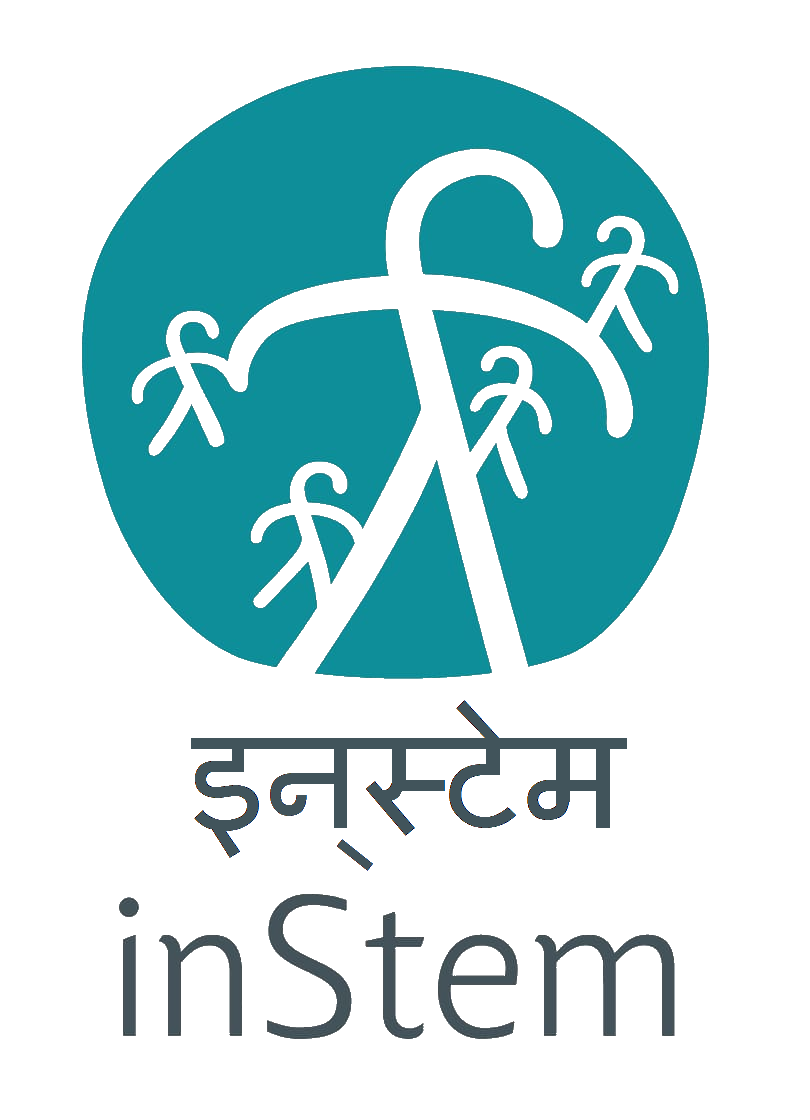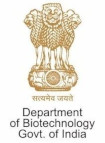Demonstrating the immunostimulatory and cytokine-augmentation effects of bacterial ghosts on natural killer cells and Caenorhabditis Elegans.
| Title | Demonstrating the immunostimulatory and cytokine-augmentation effects of bacterial ghosts on natural killer cells and Caenorhabditis Elegans. |
| Publication Type | Journal Article |
| Year of Publication | 2024 |
| Authors | Narayanan S, Baburajan APanangattu, Muhammad M, Joseph A, Vemula PKumar, Bhat SGanapathy |
| Journal | Biotechnol Bioeng |
| Volume | 121 |
| Issue | 3 |
| Pagination | 959-970 |
| Date Published | 2024 Mar |
| ISSN | 1097-0290 |
| Keywords | Animals, Bacteria, Caenorhabditis elegans, Cytokines, Interferon-gamma, Killer Cells, Natural |
| Abstract | The potential of bacteria-based immunotherapy lies in its ability to inherently enhance immune responses. However, the "liveness" of bacteria poses risks of bacterial escape, nonspecific immuno-stimulation, and ethical concerns, limiting their acceptability in immunotherapy. In this scenario, nonliving empty bacterial-cell envelopes, named bacterial ghosts (BGs), have emerged as immuno-stimulants with the potential to side-step the limitations of live bacterial therapies. This study demonstrates the capability of BGs in modulating the functionality of NK-92 cells and Caenorhabditis elegans (C. elegans), as well as perform as cytokine-therapy adjuvants. BGs were obtained through a pH-driven culture method, and were validated for their structural and chemical integrity via electron microscopy and spectroscopy. In NK-92 cells, BGs have shown significant immuno-stimulation by boosting the gene-expression of perforin, granzyme-B, Fas-L, and interferon-gamma by factors of 3.5-, 1.5-, 12.5-, and 8.6-folds, respectively. Combined BG and IL-12 treatment yielded a notable 10.2-fold increase in interferon-gamma protein expression in 24 h. The BGs also significantly influenced the innate immune response in C. elegans through the upregulation of lysozyme genes viz., ilys-3 (8.8-fold) and lys-2 (3.1-fold). Our investigation into the impact of BGs on natural killer cells and C. elegans highlights its potential as a valid alternative approach for new-age immunotherapy and cytokine augmentation. |
| DOI | 10.1002/bit.28619 |
| Alternate Journal | Biotechnol Bioeng |
| PubMed ID | 38059432 |
| PubMed Central ID | PMC7615764 |
| Grant List | / WT_ / Wellcome Trust / United Kingdom IA/E/18/1/504318 / WTDBT_ / DBT-Wellcome Trust India Alliance / India |


